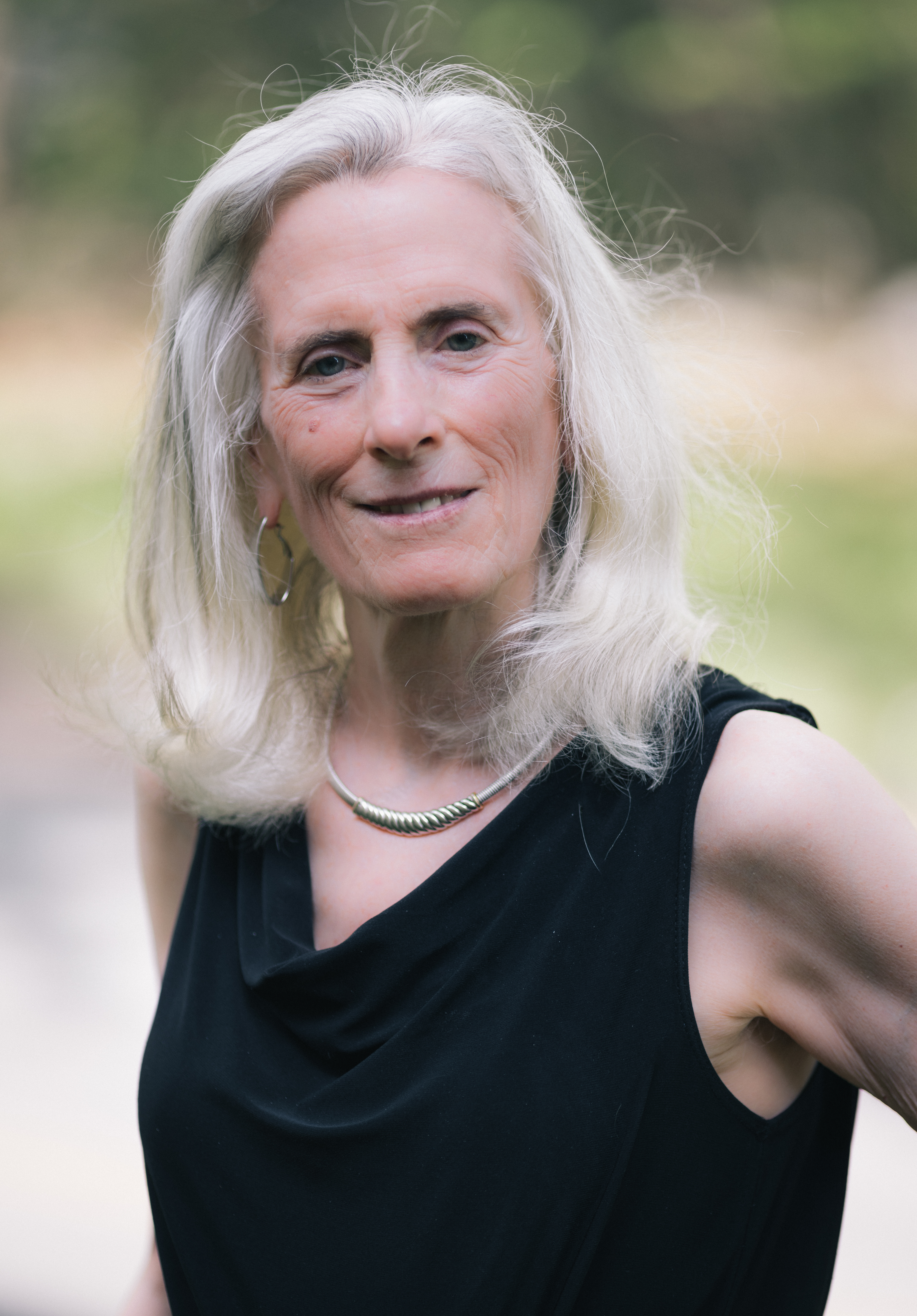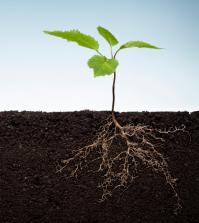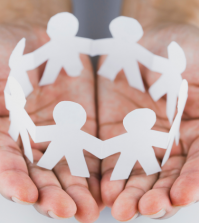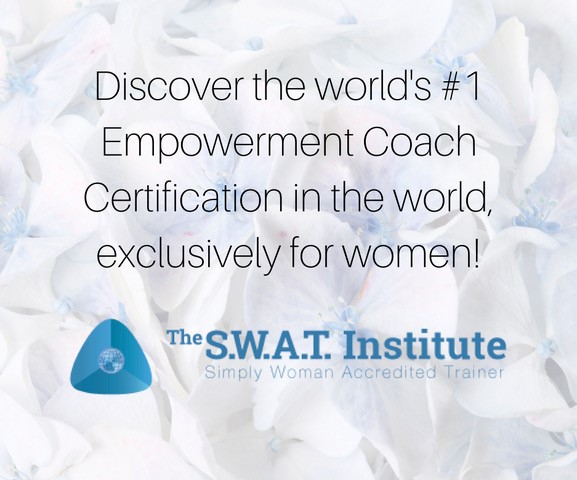- Mothering in a Fractured TimePosted 2 days ago
- Beneath the Surface: Revealing Life’s Goals nurtured from a Spiritual SeedPosted 5 days ago
- How We Kept Marital Peace while Traveling the World with Our KidsPosted 2 weeks ago
- How I Coped with Feeling Lost in a Changing SocietyPosted 2 weeks ago
- The Unexpected Liberation of a Butt DialPosted 1 month ago
- Why is France making abortion a constitutional right?Posted 2 months ago
Being a Woman
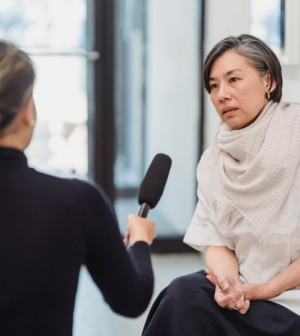
By Merrie H. Reagan
Writing About Being a Woman
One day last week, my friend Kathy and I shared a memorable luncheon. As we began eating delicious skinny vegetable omelets, which were anything but skinny, I informed Kathy that the publicist I’m working with had asked me on several occasions to write an article about being a woman. Momentarily pausing with the fork resting on the breakfast table, I said, “What do I know about being a woman, despite legally becoming one over four decades ago?” I said, which produced uncertain chuckles from Kathy and me.
Responding to the publicist’s request, I found myself writing, “Am I capable of compiling numerous facts, figures, and statistics about the changes that American women have undergone over the years? Beyond this, I am unable to summon inspiration about being a woman. Without inspiration, writing becomes challenging.” Later, I began to reconsider writing the article and then decided to proceed with a step-by-step, line-by-line approach.
Becoming A Woman
The first experience that personally and probably communally signified that I was becoming a woman happened in 1966. A few months after having become thirteen years old, I began dating fellow high school student, Mitch, during the winter term of ninth grade. Mitch was then a tenth-grade student. It was not solely the fact that we were dating that gave me the feeling of becoming a woman. If we were becoming friends, companions, or soul brother and soul sister, being together, although not the same experience, would have been similar. What was significant was that we were each in the beginning stages of clarifying who we were as young adults on the way to becoming adults.
The dating relationship that Mitch and I shared did not last long, barely beyond eight months. But knowing Mitch taught me a lesson I treasure about being a woman: Pretending to be someone that one is not as a means of holding onto a relationship harms the relationship one wants to protect. I was not being honest with Mitch about not being ready to date seriously. Mitch eventually realized this, and after six months of dating me, he began moving on until we finally broke up nearly three months later.
Lessons on Relationships
To this day and every day forward, when I am fearful of losing someone in a relationship, I remember that lying about who one truly is does not hold any relationship together, and that maintaining goodwill–kindness, respect, and cooperation–within a relationship, no matter how physically near or far, is what truly holds a relationship together, no matter how little or how long a relationship between people lasts. It has been over 50 years since Mitch and I dated. Individual lives we were living five decades ago went in widely different directions. Overall, Mitch is generally content, as am I. Benevolence remains between us.
Sharing conversations with a psychologist for many years enabled me to move beyond isolating any kind of role or relationship as ideal. One day when I was bemoaning not being in a relationship, he assured me, “You are in a relationship; in truth, you are in many relationships.” At first, I was bewildered hearing these words. Shortly thereafter, I experienced a sense of health and healing that I had not realized or embraced before.
Working Women
Women began going to work outside the home in noticeably large numbers in the late 1960s. Mom was no exception. Like many of her contemporaries, she loved being a mother. After fifteen years of working in the home, cooking, housecleaning, doing laundry, working in the backyard in spring, summer, and fall months, running errands, driving kids to and from appointments and activities, paying bills, and maintaining household records, she was experiencing a considerable sense of confinement. She wanted to work in an office in an administrative capacity. She wanted to be employed in a professional position that would provide increased interaction with adults. Mom found generally satisfying work as an executive secretary within a nearby high school business office. Before she and Dad wed, she had been employed as a secretary for a salt company, and at home she set up and maintained household business and financial records, bills, and statements.
As in many households around the world in the late 1960s, there was division in the Reagan House regarding mothers working outside the home. Wanting to remain the primary family financial provider, Dad was not initially enthused about Mom working outside the home. I confess also to not having been supportive regarding Mom going to work. Seeing or being with her when I came home from high school in the afternoon was an enjoyable experience, and when in high school, I was unaware of my career ambitions that were within me.
My brother and two sisters, had by then expressed serious career desires, respectively in business, veterinary medicine, and nursing. Therefore, they supported Mom. Eventually, Reagan’s family members learned to be at peace with Mom working outside the home. Since the late 1960s, women have evolved into being truck drivers, tree specialists, ministers, teachers, policewomen, CEOs, dentists, doctors, vice presidents, and additional non-conforming entities; throughout civilization, women and men have changed and reversed roles. Evolving societal and personal circumstances are influential role-changing and role-reversal factors.
Redefining “Woman”
Attending an all-female college for four years, from 1971-1975 gave me a new perspective regarding being a woman. I confess that then I would have defined womanhood as being directly related to being with a man and eventually marrying and bearing children. Over time I have learned that no woman is essentially defined by being with a man in marriage, companionship, friendship, sisterhood, or soul sisterhood.
Growing personal faith also enabled me to trust that becoming a woman does not happen solely through becoming a mother; womanhood may include motherhood. There are an abundant number of ways a woman can love children, including being a mother, aunt, teacher, caregiver, or a second mother. Another way a woman can love children is to admit, if such is the case, that she is not ready to be a mother, aunt, teacher, caregiver, or even a second mother.
Learning from Men
Several years ago, I learned an important lesson about being a woman from Super Bowl championship-winning former New England Patriots head coach Bill Belichick. Although we have never met, Coach Belichick taught me, and probably many additional avid and non-avid football fans, a life lesson about being a woman. As an intermittent Patriots game watcher over several years, I observed Bill talking with media members in post-game conferences about game happenings. Hearing him speak regularly found me becoming bewildered by consistently witnessing the monotone and matter-of-fact nature of communication that he exhibited, whether the team had won or lost the game.
One day, I realized that throughout the years while I had been watching him speak during after-game conferences, Coach Belichick had been teaching me an important lesson, not only about being a woman but also about human relationships and perseverance. I was no longer perplexed when hearing him speak during after-game media conferences with reporters. Gratefully, I realized that he was teaching me—and anyone else who wanted to learn—about the value of maintaining an even temperament and an attitude of gratitude, no matter what life circumstances one is facing. “This is one of the reasons why Bill Belichick led the Patriots to win five Super Bowl Championships” I delightfully surmised.
From that moment forward, I have held what he taught me about relationships within my heart. I stopped being overly emotional, I also developed increased respect for men, having realized that men do not want to talk about feelings or situation details all day. I remember going to conferences held for women in the 1970s in which the main conversation topic was “Why can’t men be more like women?” Coach Belichick clearly demonstrated to me that men can’t be like women, because they are men, they are not women.
Not focusing on why men can’t be like women enabled me to learn some things about the male persona and, in turn, experience increasingly satisfying relationships with men. Long story short, I became less emotional and more matter-of-fact in relationships with men. Men who were previously guarded when interacting with me began to be increasingly open with me, including demonstrating a willingness to converse about emotional matters. These experiences also helped me continue to grow in relationships with women and, in doing so, not overplay the value of emotion in relationships. Healthy women and men balance emotion with reason.
Being Human
Recent years have found me increasingly experiencing life as a daily adventure or road trip. Every day, all creation is re-created internally and externally. Every day brings uncertainty. People experience new occurrences and opportunities, which may include meeting new people.
As a result, every day, human beings are presented with challenges and choices. Every day, choices individuals and communities make in view of presented opportunities and challenges affect fellow humanity around the world. What an empowering view of not only being a woman but also of being fully human, fully alive!
What I do know is that no woman can be empowered to be who she truly is without belief in Divinity or Transcendence and that true dependence on Divinity or Transcendence mysteriously enables a woman to be fully independent. The same belief goes for men. Womankind and mankind are connected in a manner that exceeds the differences between them. These are facts, not judgments.
*******
Former educational tutor, small business owner, and part-time freelance news and feature article writer, Merrie H. Reagan resides in America, in the state of Massachusetts. She savors reading, writing, ballroom dancing, singing, homemaking, and yard work. Merrie watches varied public and network television programs, including All Things Bright and Beautiful, Call the Midwife, American Idol, Dancing with the Stars, CBS Sunday Morning, and Funny You Should Ask. Her new book is Life Flashes: A Memoir (Munn Avenue Press-Second Edition-2023).


